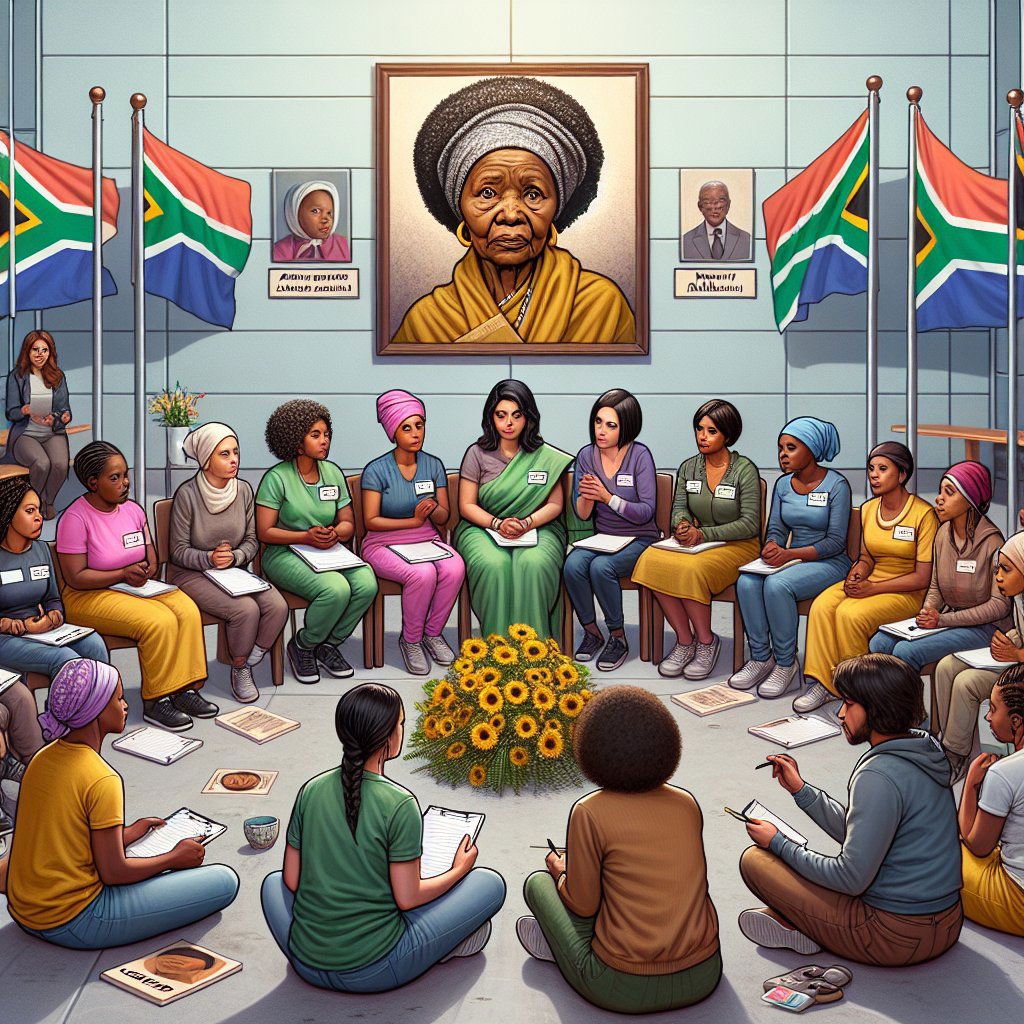Image: AI generated for illustration purposes
Activists Urge Action for Domestic Workers' Rights Three Years After Landmark Ruling
Three years after a landmark Constitutional Court ruling, which aimed to protect domestic workers under the Compensation for Occupational Injuries and Diseases Act (COIDA), activists are calling on the government to ramp up efforts to enforce compliance among employers. This plea was made at a domestic worker dialogue held at the Nelson Mandela Foundation in Johannesburg last Wednesday, reflecting persistent challenges in the sector.
The dialogue, arranged by the Socio-Economic Rights Institute of South Africa (SERI), commemorated the three-year anniversary of the Mary Mahlangu judgment. Mary Mahlangu was a domestic worker who tragically drowned in her employer’s swimming pool. Her death ignited a significant case for domestic workers' rights, evidencing the stark vulnerabilities within their employment conditions.
Despite the ruling which allowed for compensation claims for work-related injuries, illnesses, and death, activists report that domestic workers are still contending with hurdles in accessing their rightful compensation and Unemployment Insurance Fund (UIF) benefits. Manyunyu Florence Sosiba, national president of the South African Domestic Service and Allied Workers Union (SADSAWU), passionately voiced that domestic workers continue to face mistreatment and are often compensated below the minimum wage without recourse for workplace injuries.
Sosiba's personal story is telling. Having worked as a domestic worker since 1983, she has not been registered for COIDA or UIF, underscoring the gap between policy and practice. Additionally, Maggie Ntombeni from Izwi Domestic Workers shed light on the plight of immigrant domestic workers, who often face exploitation due to their status and encounter additional barriers in claiming their legal benefits.
Revelations at the dialogue revealed that less than 20 claims have been submitted under COIDA since the 2020 ruling, an alarmingly low figure when considering the large number of domestic workers in South Africa. The issue is not merely a lack of registration but also extends to deficient compliance by those who have registered their workers.
In response, Dikentsho Seabo, a spokesperson for the Department of Labour, assures that the COIDA Act has been amended to include domestic workers and explains that the department has measures in place to address non-compliance. The department encourages domestic workers to report unregistered claims and assures that inspectors are available to investigate any unfair labour practices.
Despite these government assurances, activists believe that more proactive measures and oversight are needed to enforce employer compliance. They argue that domestic workers often lack the knowledge or means to navigate the system and assert their rights. This underscores the need for continuing education and advocacy led by organisations like SERI and Izwi, aimed at equipping domestic workers with the necessary information to claim their benefits.
The dialogue culminated in a unified call for the government to uphold its responsibility in ensuring compliance and protecting one of the most vulnerable segments of the workforce. This call for action stresses the urgency of real change in the domestic work sector, ensuring not only legal compliance but also dignified and fair employment conditions.










